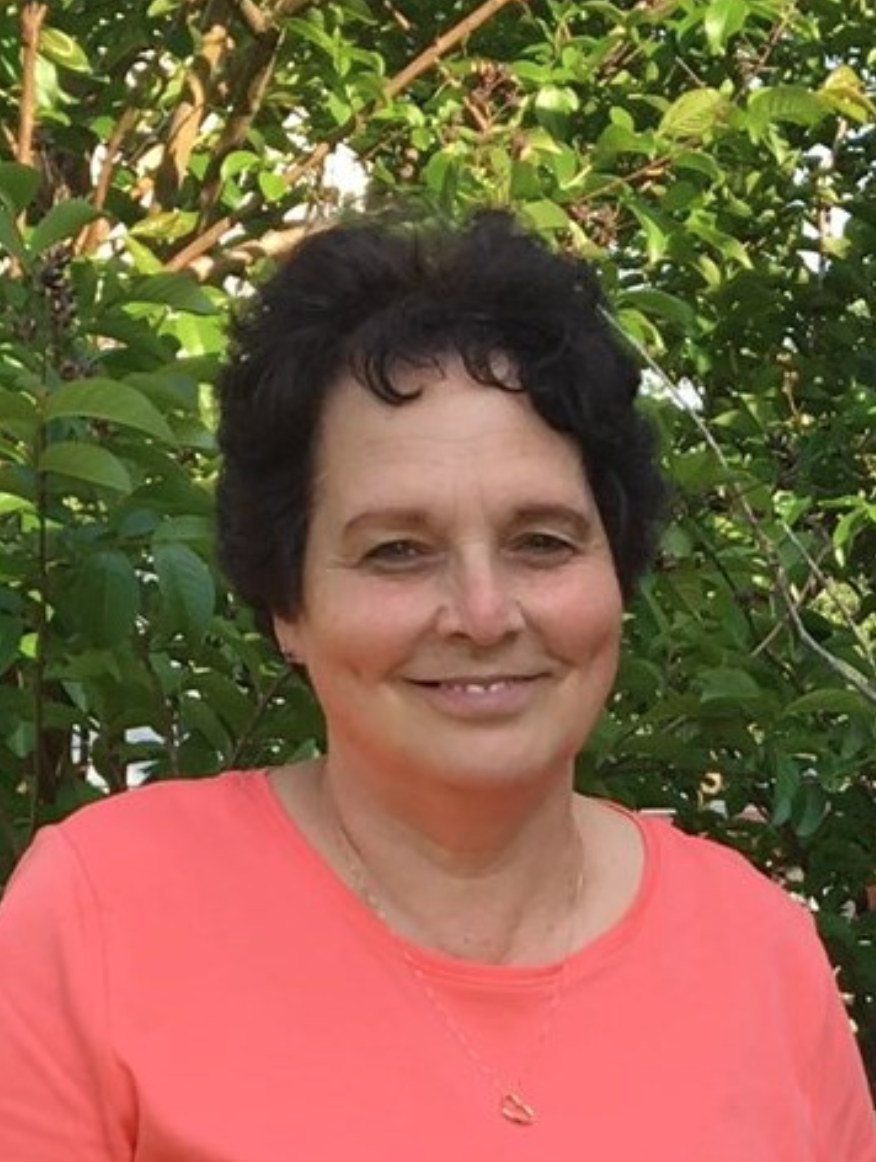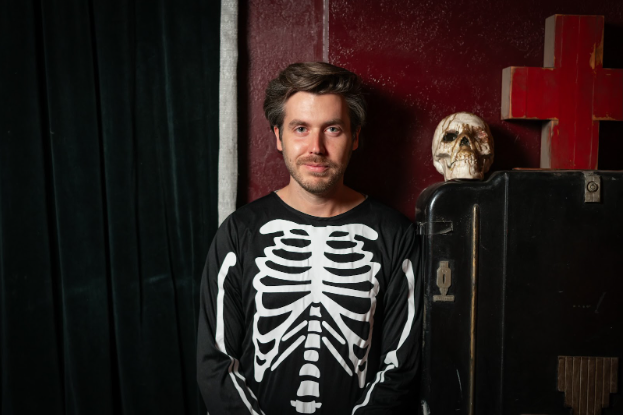Words: Madhu Lal
I’ve dealt with depression for almost three years now. My illness ran my life most of my sophomore year. I stopped caring about my friends, my family and myself. At the time, I felt worthless, like the life I was given was supposed to be gifted to someone better than me, someone who wanted it.
After about a year of hiding my illness, I became so fed up with silently suffering that I ended up telling my family that something wasn’t right. I started to go to therapy and was put on medication. Slowly I started to get better, but I knew that this wasn’t the end of my recovery process.
If there’s one thing I learned from dealing with depression, it’s that you can’t and won’t get better unless you actively try to. No amount of medication or therapy will help unless you yourself are proactive in the recovery process. The ultimate step towards recovery starts with lacing up your boots and telling yourself, “I am not my depression and I will do all it takes to get out of this position.”
Although I was put on medication which stabilized my mood, I knew I couldn’t rely on it forever. In order to deal with the feelings of depression without the aid of medication, I started finding ways to change my lifestyle and combat these feelings independently. I started the change by trying to shift my mindset. By replacing my cynical perspective on situations with positivity, I was able to handle obstacles with a clear mind, instead of becoming discouraged or overwhelmed.
Whenever a situation became difficult or aggravating I would stop what I was doing and try to find any positive aspect of the situation. It was hard at first, after years of cynicism, actively doing the opposite seemed impossible. However, after actively convincing myself that there is always a positive aspect to a situation, I was able to open myself up to new experiences that I realized I actually wanted to be a part of.
I found that helping and taking interest in others also aided in my recovery process. By shifting my attention to helping people, I no longer was focused on my feelings of depression. Offering a hand out ear to someone taught me that my actions can have a powerful effect on those around me. By just volunteering for a local organization or taking an interest in someone else’s day, can not only help the person, but also increases your own self confidence and self esteem.
Another big component to my recovery was identifying and prioritizing my goals.
What stunted my recovery most was the masses of work and the detrimental effects that depression had on my grades and social life. By having a notebook designated to planning assignments, homework and social activities, I was able to alleviate some of that extra weight and pressure.
I found that making time for yourself aids in calming the chaotic thoughts that sometimes inundate the mind. What I mean by allotting time for yourself, is not watching Netflix in bed, that just distracts you from the real problem. The time you allot for yourself, whether it be ten minutes or an hour, should be spent doing relaxing activities like yoga, meditation, writing, or drawing (even if you’re bad at it). Doing these activities helped me escape from the sometimes mundane or monotonous tasks of everyday life and gave my mind a time to calm down and recharge.
Although depression stunted my social and academic life, I don’t think I would be the person I am today without my illness. Instead of being disappointed in the things depression has taken away from me, I am thankful that this illness showed me the strength every individual.
In my opinion, depression is not something that can be cured forever. However, the difference between suffering your whole life and dealing with depression, are the tools you gain along the way. Knowing that you’ve dealt with these feelings before can help stop your illness from spiraling out of control in the future.
People coming from all background can suffer from depression and there has been an upward trend in the number of diagnosed depressed individuals. By identifying your illness or someone else’s illness, you have the ability to take action. Seeking help and getting the support you need to re-stabilize yourself is important, but is only have the journey.
To find out information about the symptoms and possible treatments for depression please visit, nimh.nih.gov or mayoclinic.org
For more breaking news and photos, follow The Wingspan on Instagram and Twitter@CHSWingspan.




